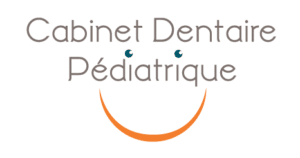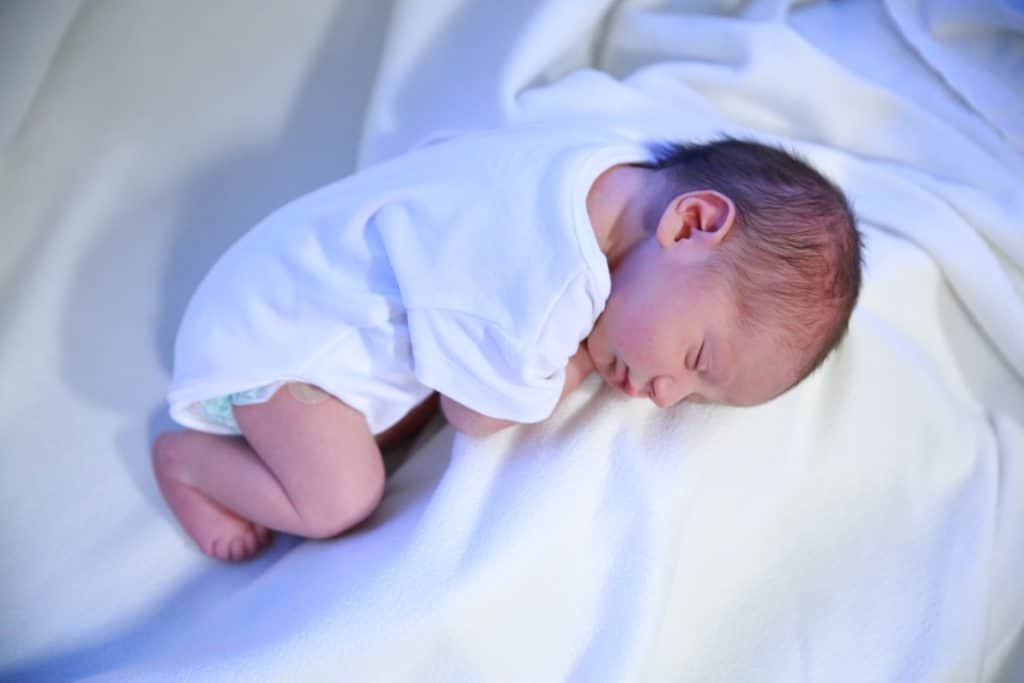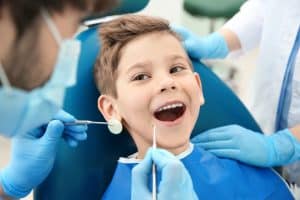It is estimated that between 2 and 4% of children are prone to sleep apnea. Of these, babies born prematurely are at even greater risk.
Sleep apnea is a breathing disorder caused by partial or total obstruction of the nasal airway or throat.
In premature babies, especially those born before 8 months of pregnancy, this discomfort is usually due to immature neurological and/or mechanical functions of the respiratory system.
Sleep apnea affects one quarter of premature babies. Sleep apnea episodes will naturally stop in the majority of premature babies after a few more weeks of growth.
This is because the newborn's airway will become mature enough to allow him to breathe properly.
However, in some infants, the problems persist and do not go away on their own. In these cases, an adapted treatment will be necessary.
In this article, we will help you identify the warning symptoms as well as the different existing treatments.
Detecting sleep apnea in your premature baby
If your baby is premature, don't hesitate to monitor his or her sleep to detect possible sleep apnea as soon as possible.
The first sign that your child is prone to sleep apnea is unstable and labored breathing. That is, when he or she sleeps, the baby's breathing is marked by involuntary pauses longer than 10 seconds.
These apneic episodes can cause a lack of oxygen in the blood or a slowing of the heart rate.
Symptoms to watch out for are abnormal pallor or bluish coloration of the lips or face.
Treating sleep apnea in premature babies
Before providing treatment, doctors try to identify the exact cause of sleep apnea in the premature baby.
To do this, they usually perform a series of specific tests and examinations. Some of them will only consist of observing the baby's breathing while others take the form of medical analyses:
- Blood test
- Urine analysis
- Taking the temperature
- Etc.
Depending on the degree of severity and once the cause of apnea has been identified, healthcare professionals may adopt one or more of the following treatments:
- Gentle stimulation of the baby's breathing through touch
- Treatment of the cause if it is infectious
- Respiratory assistance, in the most severe cases.
Consequences of sleep apnea on a child born prematurely
If your child was born prematurely and has been subject to sleep apnea, it is possible that sleep apnea has impacted his or her dental growth.
As your child grows up, he or she may have developed breathing habits, tongue or jaw misalignments that interfere with the growth of the teeth.
To make sure that everything is in order and developing normally, it is advisable to take your child to his or her first dental visit between the ages of 2 and 4.
Dr. Adriana Agachi is a children's dentist located in Paris and specializes in stress management and non-intrusive care methods.
In a warm and caring environment, she can provide oral examinations as well as advanced care (frenectomy, orthodontics, etc.). Do not hesitate to call us to make an appointment.


